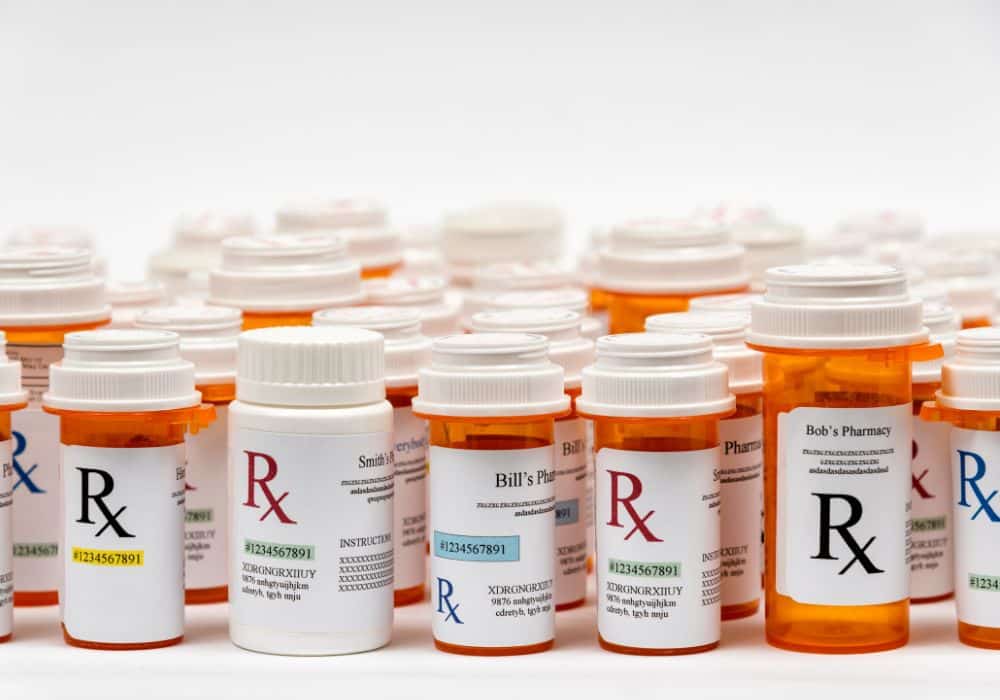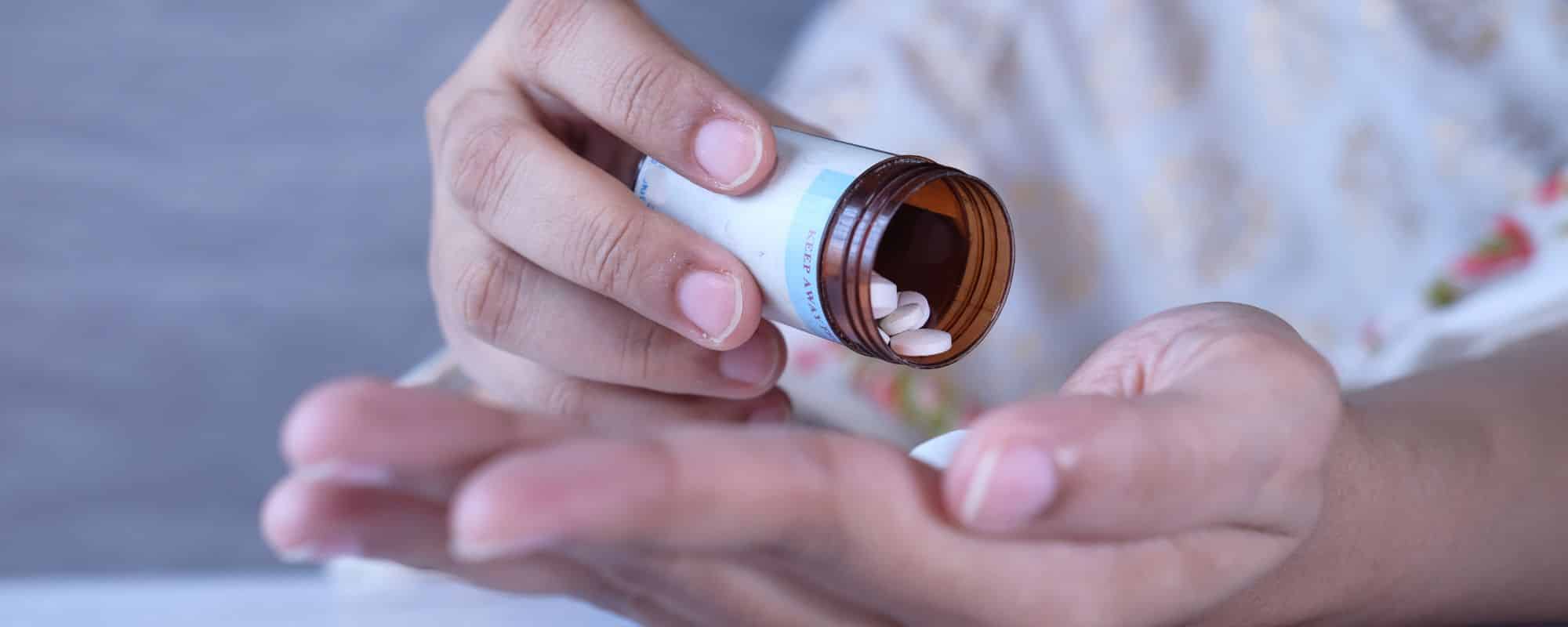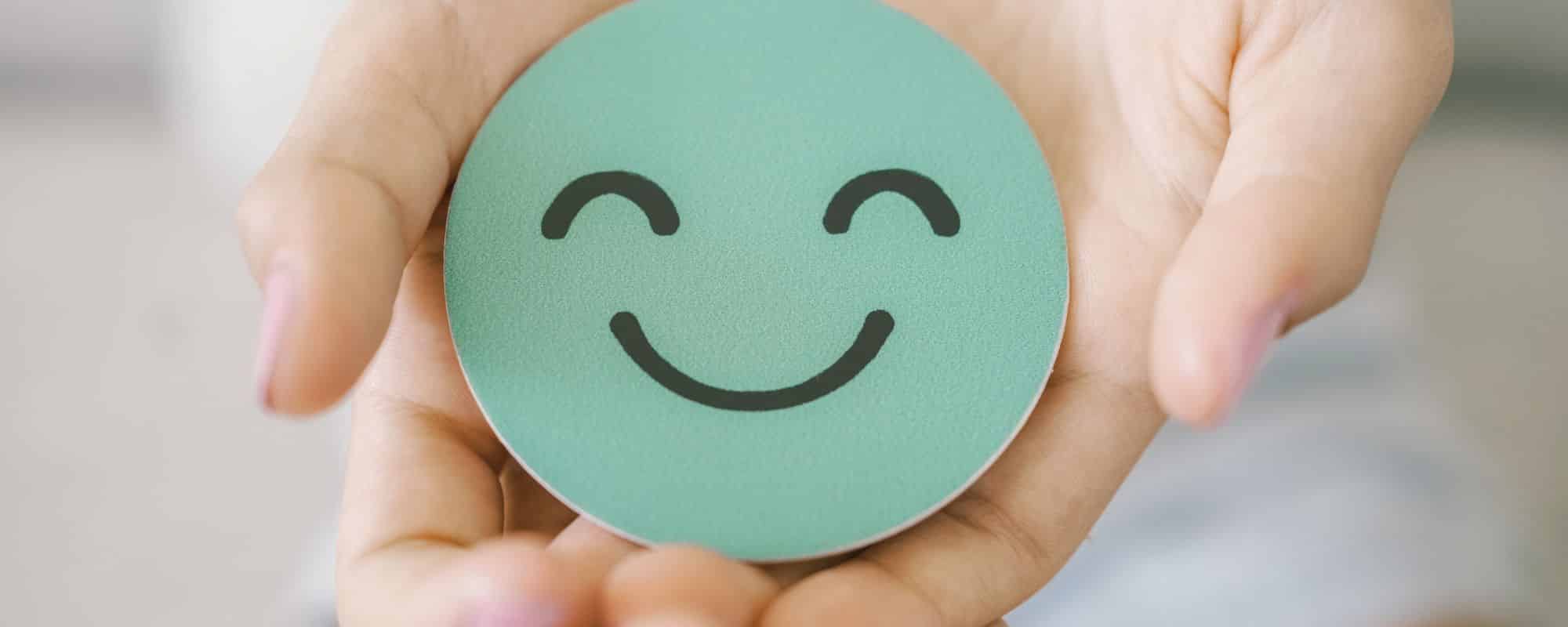Are you considering mixing Prozac and alcohol? Your mental health is important, and utilizing an SSRI medication to treat it may be an essential piece to your mental wellness puzzle. But what if you plan to drink? The warning labels on anti-depressant prescription bottles look alarming, but is there a reason why?
The presence of Prozac in the system can mask some of the depressant effects of alcohol, potentially leading to increased alcohol consumption and a higher risk of addiction. The warning labels should be taken seriously.
As alcohol dependence develops, depression can worsen, creating a cycle where you feel trapped between needing alcohol to feel better in the short term and the depressive effects of alcohol in the long term.
Understanding the risks of drinking while taking Prozac is essential when considering your mental and physical well-being. We’ll unpack the dangers and drug interactions you ought to know.
What is Prozac?
Prozac, also known by its generic name fluoxetine, is a commonly prescribed medication. It is classified as a selective serotonin reuptake inhibitor (SSRI), meaning it prevents the brain from reabsorbing serotonin. The idea is more serotonin, a “feel-good” neurotransmitter, can be kept in circulation for you to use and benefit your mental well-being.
Prozac is most commonly used to treat major depressive disorder. Off-label uses include treatment for anxiety and panic, obsessive-compulsive disorder (OCD), and post-traumatic stress disorder (PTSD).
Can You Mix Prozac and Alcohol?
Mixing Prozac and alcohol is generally not recommended. Both Prozac and alcohol affect the central nervous system, and combining them can increase the risk of side effects and potentially harmful interactions. Alcohol can enhance side effects from Prozac, such as dizziness and fatigue, causing potential danger.
Additionally, drinking while taking Prozac can make the medication less effective at what it’s prescribed for, heightening depression and other mental health issues like panic or anxiety.
Side Effects of Mixing Prozac and Alcohol
Both Prozac and alcohol can cause drowsiness, dizziness, and impaired coordination. Taking them together intensifies these effects. Your typical “safe” number of alcoholic drinks reduces if Prozac is in your system.
Additional effects of mixing the two substances may include:
- Worsening of depression or anxiety – Alcohol is a depressant and can worsen symptoms of depression and anxiety, which Prozac is meant to treat.
- Reduced effectiveness of Prozac – Alcohol can interfere with the efficacy of Prozac, making it less effective in managing the conditions it is prescribed for.
- Impaired judgment – Alcohol can impair your judgment and decision-making abilities, which might lead to risky behaviors or neglect of other health concerns.
- Extreme fatigue – Combining these two substances can cause fatigue independently can lead to intense tiredness or even loss of consciousness.
- Stomach upset – Nausea and vomiting may occur when combining the two substances.
Should I Skip My Prozac Dose if I Plan to Drink?
Skipping your medication can lead to inconsistent levels of the drug in your system and is generally not advised. While mixing alcohol with Prozac is not recommended, the solution is not to skip your medication. Instead, it’s best to limit or avoid alcohol while on Prozac, or at least discuss your drinking plans with your healthcare provider to assess the risks. You should be aware of how alcohol may affect you while taking Prozac.
Suddenly stopping or skipping doses of Prozac can lead to withdrawal symptoms, which may include dizziness, irritability, anxiety, nausea, and flu-like symptoms. These symptoms may be particularly intense if you have been taking Prozac for an extended period.
Dangers of Mixing Prozac and Alcohol
Mixing Prozac and alcohol can cause an increased risk of side effects like nausea, fatigue, and exacerbation of mental health issues. In addition, combining the two substances can pose heightened risks.
Both Prozac and alcohol are associated with an increased risk of suicidal thoughts and behaviors, particularly in young adults. Combining them might heighten this risk.
Although rare, mixing Prozac with alcohol can increase the risk of serotonin syndrome, a potentially life-threatening condition where too much serotonin accumulates in the brain.
Additionally, both Prozac and alcohol can affect blood pressure. When taken together, they may cause unpredictable changes in blood pressure, leading to dizziness, fainting, or even more serious cardiovascular issues.

Self-Assessment: Am I Addicted?
"*" indicates required fields
Contact Us
Ready to Get Help? Get in Touch Today.
"*" indicates required fields
If someone is drinking alcohol while taking Prozac, it’s important to understand the risks and side effects of mixing antidepressants and alcohol. Even an occasional drink can amplify the common side effects of Prozac or cause potential side effects such as dizziness, increased anxiety, or worsening mental health conditions. People who combine Prozac with alcohol may experience unpredictable effects on mood and behavior, which can be dangerous for those with alcohol use disorders or other cooccurring disorders. Behavioral therapy, including cognitive behavioral therapy, and structured treatment programs can help address both alcohol abuse and underlying mental illness, while medical detox may be necessary if someone has a severe desire to drink.
For safety, it’s generally advised to avoid alcohol entirely while taking Prozac, and consulting a health program or mental health treatment provider is critical before considering whether to stop taking the medication or resume alcohol consumption.
Is There a Relationship Between Alcohol and Depression?
The relationship between alcohol and depression is complex, working in both directions. Some people use alcohol to self-medicate in an attempt to cope with the symptoms of depression.
As a central nervous system depressant, alcohol lowers mood and can exacerbate feelings of sadness and hopelessness. Despite the temporary feeling of relaxation or numbness drinking provides, drinking alcohol over time can lead to a worsening of depressive symptoms once the effects wear off, creating a vicious cycle.
Additionally, prolonged or heavy drinking can lead to alcohol-induced depression. This type of depression occurs as a direct result of alcohol use and typically resolves with protracted abstinence.
Alcohol Addiction Treatment
If you’re struggling to avoid drinking alcohol while taking medications like Prozac, it could be a sign you have an unhealthy relationship with alcohol. It’s not uncommon to self-medicate with alcohol, and if you’re now taking an SSRI, the cycle of drinking might be hard to stop on your own.
Dual diagnosis programs are designed to address the root of addiction. Many people who struggle with drinking alcohol also have mental health concerns–this might be the reason you’re reading this article today. Often, addiction doesn’t start in isolation but can be triggered by trauma, anxiety, depression, or other mental health issues.
Need Help?
It’s possible you need help with an alcohol addiction. If you or a loved one are struggling to stop drinking or have been battling depressive symptoms, addiction treatment with dual diagnosis programming may be a good fit—contact Vogue Recovery Centers in Las Vegas and Phoenix. An admissions team member can help you decide if alcohol addiction treatment suits you.

Questions about treatment options?
Our admissions team is available 24/7 to listen to your story and help you get started with the next steps.
Author
-

Content Writer
Evan Gove serves as the Senior Strategist of Organic Growth for Aliya Health Group’s nationwide network of addiction and behavioral health treatment centers. As a writing and editing professional, he has developed SEO strategies and managed content production for over ten years. He earned his BA in Writing and Rhetoric from Hobart and William Smith Colleges.
View all posts









